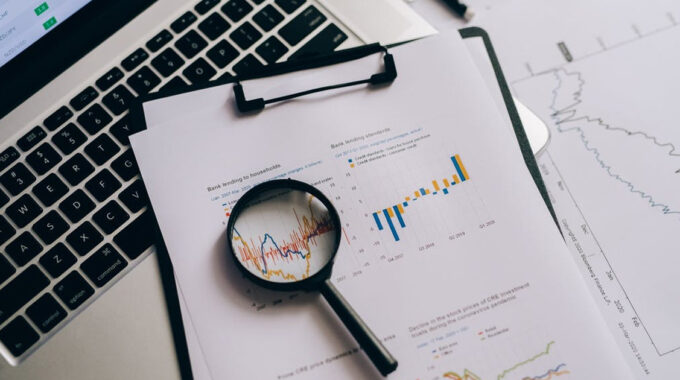
Limitations of Big Data
Big data refers largely to data sets that are too big or complicated for conventional data-processing application software to handle. However, these enormous amounts of data can be leveraged to solve business issues that were previously impossible to solve. Even with the best technologies, handling such enormous amounts of data is exceedingly challenging for most firms in this constantly changing data-driven world. Therefore, this video on Chicago Booth Review covers some of the most common big data restrictions.
Limitations of big data
The article suggests that every day, businesses acquire and analyze massive amounts of data about their customers, clients, and partners in the hopes of being more efficient, and productive, and eventually selling them more products. We frequently believe that our efficiency is determined by the amount of data we possess. According to the video, big data is data derived from digital signals. As a result, all of the signals generated by human behavior when interacting with gadgets that are gathered and stored in cloud infrastructure are referred to as big data. According to the video, big data accumulates as a byproduct of a process. Though there are advantages to having huge quantities of data from which we can examine information, the video suggests that although having massive amounts of data can certainly be valuable, it does not ensure effectiveness.
As a result, there are certain possible drawbacks to big data if the data collection does not match the population of interest. Second, the video suggests that if data elements in the received information are insufficient or incorrectly filled, it might possibly lead to difficulties. Finally, according to the video, determining which data set is trustworthy or untrustworthy is a major challenge. The video explains that the answer is dependent on how the data will be utilized. As a result, it is critical to consider how data elements are utilized and understood in data collection, in addition to ensuring that the data reflects the group or population of interest. Organizations must continue to strive for growth, and one of the greatest ways to do so is to implement modern technology to handle duties.
Though each system offers several advantages, there are certain drawbacks that must be considered. The preceding are some disadvantages of big data.
In order to gain a deeper understanding of other determinants of the future of work and the business world visit Chicago Booth Accelerated Development Program (Chicago Booth ADP) offered by the University of Chicago Booth School of Business.
















